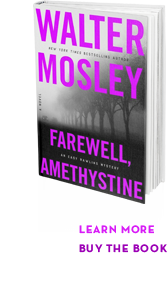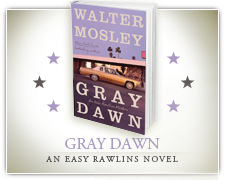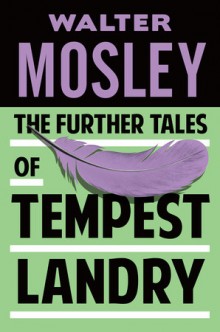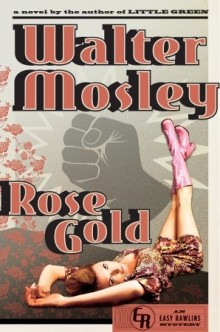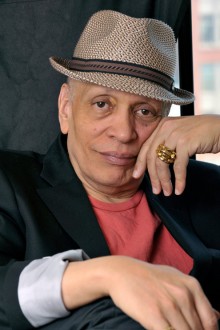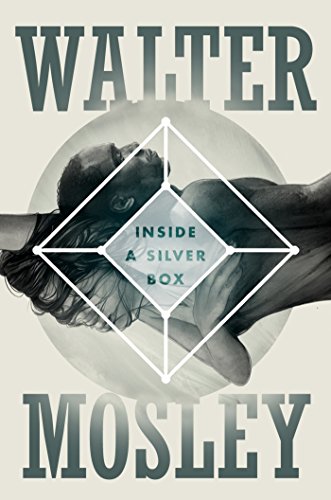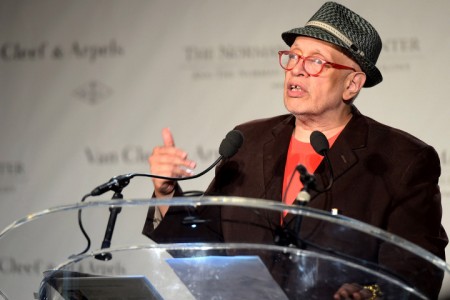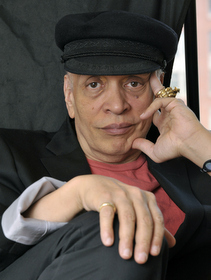Walter Mosley Presented with USC Literary Achievement Award
Crime and mystery writer Walter Mosley was presented with the group’s Literary Achievement Award. The author of more than 40 novels, his Devil In A Blue Dress was made into the 1995 film starring Denzel Washington; he’s currently adapting the book for a Broadway play.
In praise of libraries and librarians, Mosley recalled how after the terrorist attacks of September 11, the Bush Administration “sent out a memo to librarians saying, ‘We need to know who’s reading what; who’s reading books about building bombs; who’s reading books about Islam; who’s reading books that may be considered anti-American.’ And librarians said, ‘F*ck you. I ain’t doin’ that.’ The librarians said, ‘No, we’re not going to do that.’ “
It was then, Mosley said, that “I realized that they were the last bastion in America to stand up for our freedom. So when I was asked to come to participate in an event which, among other things, is going to raise money for our libraries and will make libraries stronger, I thought, ‘That’s great because if you make libraries stronger, you make America stronger — the America that I know and that I love.’ “
(via deadline.com)

